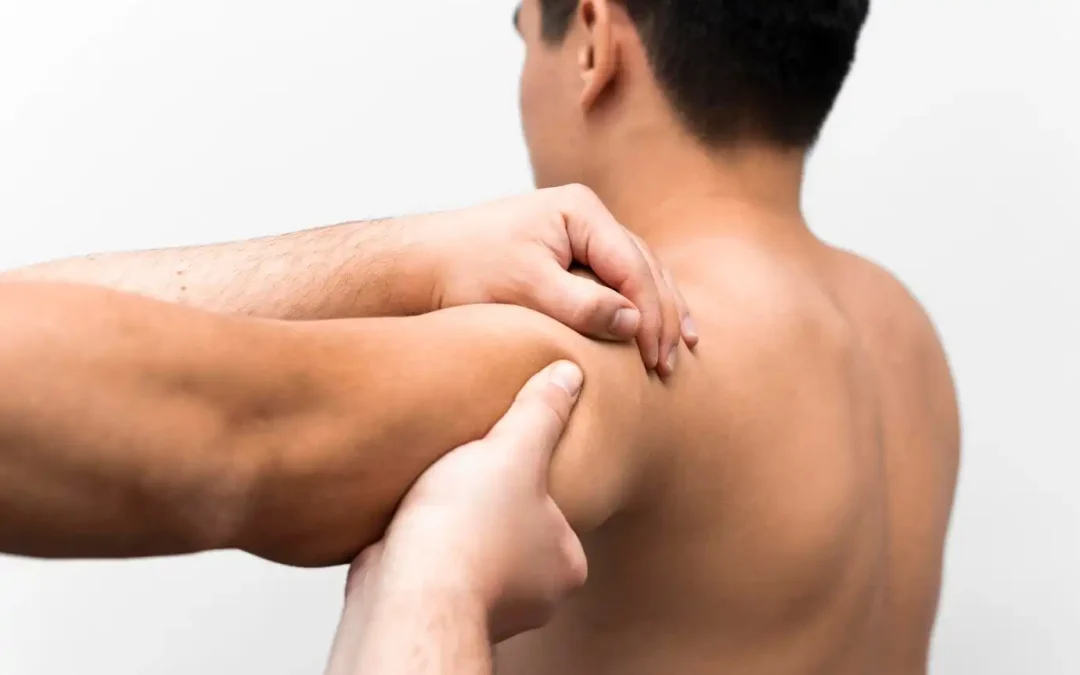Trigger point therapy is a specialized treatment used in sports medicine to address myofascial pain, muscle tightness, and restricted movement. Trigger points, often referred to as “muscle knots,” are hyperirritable spots within muscle fibers that can cause localized and referred pain. Athletes and physically active individuals commonly experience trigger points due to overuse, repetitive motion, or muscle imbalances. This article explores the principles, techniques, benefits, and applications of trigger point therapy in sports medicine.
Understanding Trigger Points
Trigger points develop in muscles due to sustained tension, injury, or inadequate recovery. They can be classified into two types:
- Active Trigger Points: Cause spontaneous pain and tenderness, often radiating to other areas of the body.
- Latent Trigger Points: Do not cause pain unless stimulated but can restrict movement and lead to muscle weakness.
These points are often found in commonly stressed muscles such as the trapezius, quadriceps, hamstrings, and calf muscles.
Techniques Used in Trigger Point Therapy
Several techniques are employed by sports medicine professionals to alleviate trigger points and restore muscle function. These include:
- Manual Trigger Point Therapy
- Involves direct pressure on the trigger point using fingers, knuckles, or specialized tools.
- Sustained pressure helps to release muscle tightness and improve blood flow.
- Dry Needling
- Uses thin needles inserted directly into the trigger point to relieve tension and promote healing.
- Effective in reducing chronic pain and muscle dysfunction.
- Massage Therapy
- Deep tissue massage and myofascial release techniques help to break down adhesions and promote circulation.
- Stretching and Exercise
- Incorporating dynamic stretching and corrective exercises helps maintain flexibility and prevent recurrence of trigger points.
- Heat and Cold Therapy
- Alternating heat and cold application can help relax muscles and reduce inflammation associated with trigger points.
Benefits of Trigger Point Therapy in Sports Medicine
Athletes and active individuals benefit from trigger point therapy in several ways:
- Pain Relief: Reduces localized and referred pain, allowing for improved comfort and mobility.
- Enhanced Performance: Restores muscle function and flexibility, leading to better athletic performance.
- Injury Prevention: Identifies and addresses muscle imbalances before they develop into more serious injuries.
- Faster Recovery: Helps speed up the healing process following intense training or injuries.
- Improved Range of Motion: Reduces muscle tightness and stiffness, allowing for smoother movement patterns.
Application in Sports and Rehabilitation
Trigger point therapy is widely used in sports medicine to treat conditions such as:
- Tendonitis: Chronic overuse injuries leading to inflammation and pain.
- Plantar Fasciitis: Foot pain caused by tightness in the calf and foot muscles.
- Lower Back Pain: Often linked to tight hip and gluteal muscles with active trigger points.
- Shoulder Impingement: Resulting from overuse of shoulder muscles in sports like swimming and baseball.
Athletic trainers, physical therapists, and sports physicians incorporate trigger point therapy as part of comprehensive treatment plans to ensure optimal recovery and performance.
Conclusion
Trigger point therapy is a valuable tool in sports medicine for managing muscle pain, enhancing athletic performance, and preventing injuries. By incorporating various techniques such as manual therapy, dry needling, massage, and corrective exercises, sports medicine professionals can help athletes maintain peak physical condition. Regular treatment and preventive strategies can significantly improve muscle health and overall well-being.
Trigger point therapy is offered for chronic pain at As Designed Wellness in Dana Point. You can talk to a professional at the clinic about your concerns. To make an appointment in advance, use this form or give us a call at (949) 412-6815.

